On the Wisdom of Solomon, Part 30: Requiem for the Wicked

On the Wisdom of Solomon, Part 30: Requiem for the Wicked
While this last presentation in our commentary On the Wisdom of Solomon is titled Requiem for the Wicked, we certainly are not going to sing dirges for bastards. However we are compelled to illustrate the overarching theme in this Wisdom of Solomon which was purposely designed to impart an essential lesson, a lesson which in itself also contains many smaller lessons. Solomon’s intention here has not been to ramble on about unrelated subjects, where he may appear to have forsaken his first comparisons of the wicked and the righteous and had randomly changed to a discussion of the beginnings of idolatry and its consequences, and then again to a discussion of the Exodus account while presenting the initial prayer in which he had supplicated Yahweh for wisdom. Rather, his prayer illustrates what true wisdom is, which is the fear and the knowledge of God, and culminates by comparing the destinies of two nations, one of them wicked and one of them righteous, at least, in the eyes of God. In the end what is righteous is what Yahweh considers righteous, and not what men consider righteous.
As we read in the 111th Psalm, “10 The fear of the LORD is the beginning of wisdom: a good understanding have all they that do his commandments: his praise endureth for ever.” This is the lesson which Solomon conveys throughout this work, while making illustrations of the motives, methods and folly of all of those who depart from it. Therefore all of the changes of course throughout this work were calculated, and all of the themes which he presented here are woven together into a single cohesive lesson. However for reason of its length, for the many analogies which it contains, and for its frequent turns of course, the overarching lesson may be easily overlooked by casual readers. But clearly, by enveloping this work with discourses concerning the beginnings and the ends of the wicked, we see that the Exodus account has been set forth here as an example for both men and nations, that the ungodly, or impious, put themselves on a path to destruction, that wicked men who desire to rule by their own strength become unrighteous rulers, and they ultimately bring entire nations down that same destructive path, where in the end, the righteous will escape their destruction only by the grace of God, as the righteous are in the hand of God whether they themselves realize it or not.

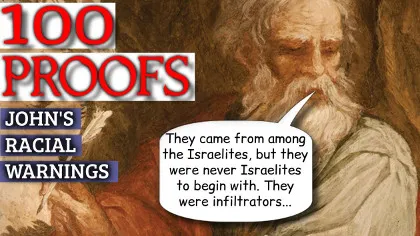
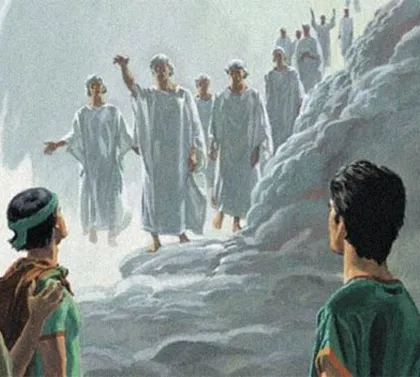
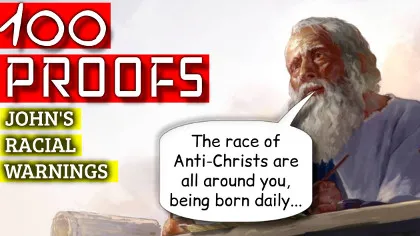

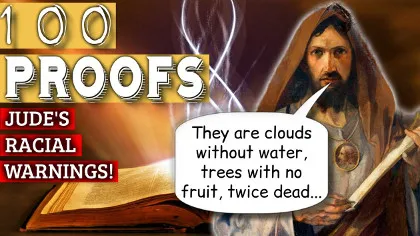

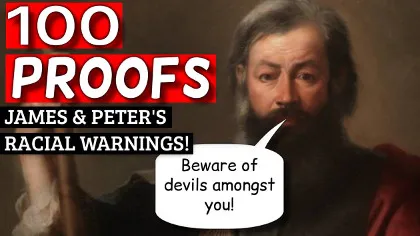





 Please click here for our mailing list sign-up page.
Please click here for our mailing list sign-up page.








Recent comments